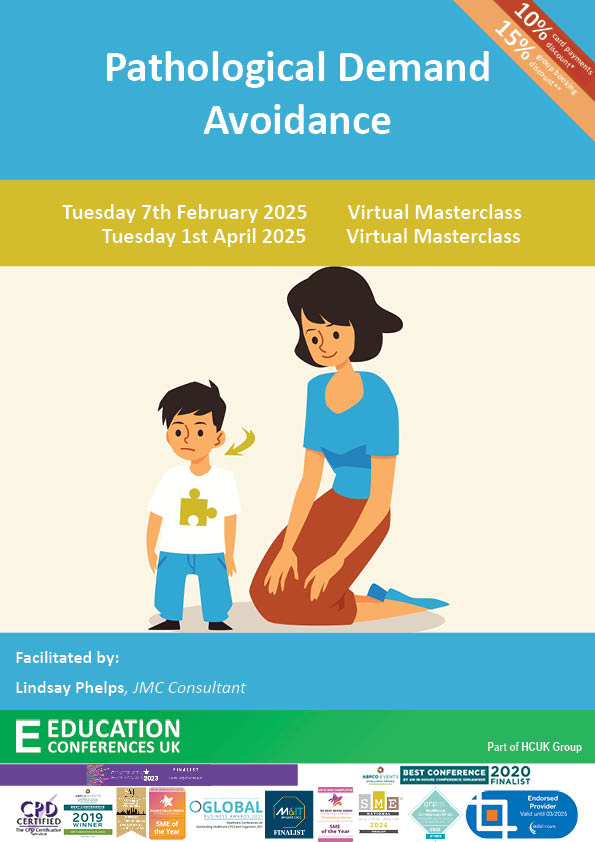Pathological Demand Avoidance (PDA) presents a unique set of challenges for both educators and caregivers. This course aims to provide comprehensive knowledge about PDA, including its characteristics, relevant legislation, and effective strategies for supporting individuals with this condition.
Participants will gain a well-rounded understanding of the complexities associated with PDA and will be equipped with practical tools to foster positive learning environments.
This course is designed for educators, support staff, and professionals who work with children and young people exhibiting traits of PDA. It is essential that attendants possess a foundational knowledge of autism spectrum conditions, as PDA is considered a profile within this spectrum. The learning involved will encompass both theoretical and practical approaches, exploring the psychological underpinnings of demand avoidance and its manifestations in educational settings.
Central to the understanding of PDA is the exploration of its characteristics. Participants will delve into the behavioural signs of PDA, which often include an extreme avoidance of everyday demands, social withdrawal, and the use of social manipulation to evade compliance. The course will examine the emotional and sensory sensitivities experienced by individuals with PDA, which can significantly impact their learning and behaviour.
In accordance with relevant legislation, the course will highlight the Children and Families Act 2014, which mandates that local authorities must identify and meet the needs of children with special educational needs and disabilities (SEND). The SEND Code of Practice (2015) will also be discussed, outlining the legal responsibilities of schools and educational institutions regarding the provision of support. Understanding these legislative frameworks is crucial for creating inclusive educational environments and ensuring that every child, regardless of their challenges, has the opportunity to thrive.
WHO SHOULD ATTEND
Senior Leaders, SENCo, Behaviour leads, School staff
KEY LEARNING OBJECTIVES
Upon completion of this course on Pathological Demand Avoidance (PDA), participants will be able to:
Define the characteristics and symptoms associated with PDA, distinguishing it from other autism spectrum conditions.
Recognise the impact of PDA on behaviour and learning in various settings.
Develop tailored strategies to effectively support individuals with PDA, promoting engagement and reducing anxiety.
Employ communication techniques that foster positive relationships and collaboration with individuals displaying PDA traits.
Evaluate the effectiveness of interventions and adapt approaches based on reflective practice and ongoing assessment.
FACILITATOR
Lindsay Phelps is an experienced Head Teacher and consultant who specialises in Inclusion, Behaviour, SEND and Safeguarding. She has worked with a number of schools to improve provision for some of the most vulnerable children.
Additionally she has advised alternative provisions to ensure that the needs of children are met through adaptive teaching and inclusive practice
Lindsay is also a Head Teacher panel member on Independent Review Panels for permanent exclusions. In this role She reviews the processes that lead to a child no longer being in school.




